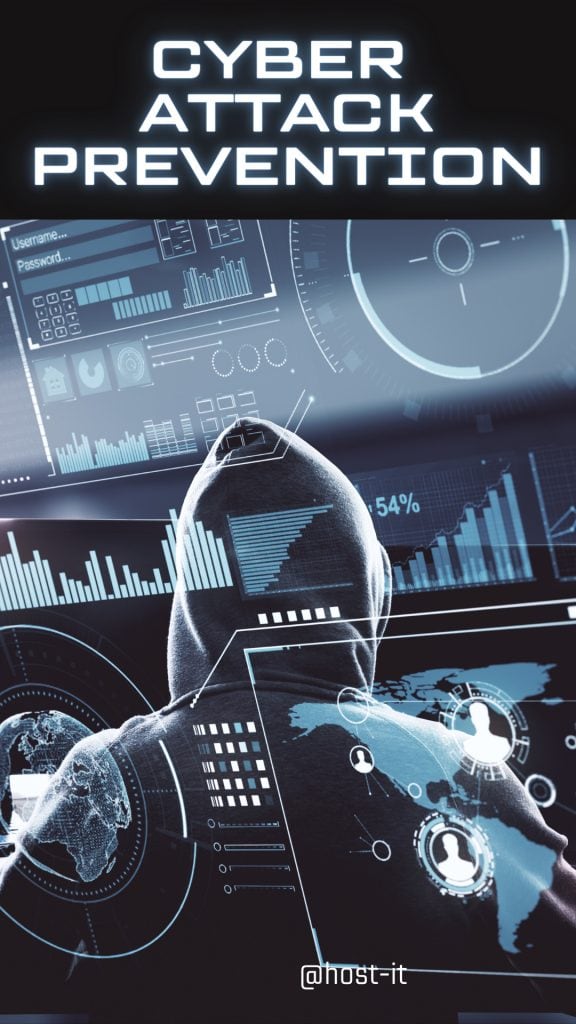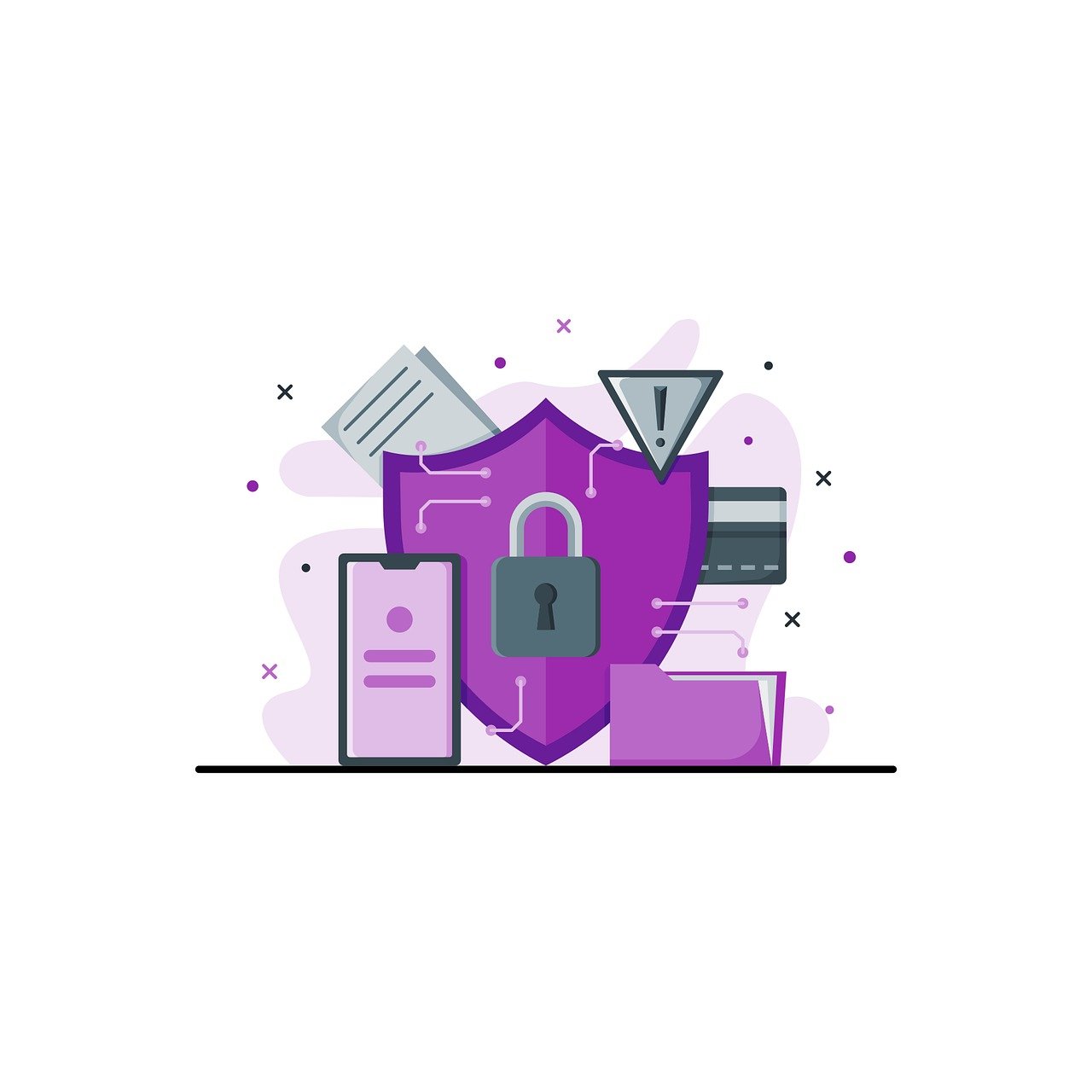The importance of cyber security for small businesses
As a small business owner, you may be under the impression that cyber security is something that only large corporations need to worry about.

After all, you’re not handling sensitive customer data or making millions of dollars in profits, so what could a hacker possibly gain from targeting your business?
Unfortunately, this kind of thinking is dangerous and can leave your business vulnerable to a wide range of cyber threats. In fact, small businesses are often targeted by hackers because they often have weaker security measures in place and may not have the resources to recover from a cyber attack as easily as larger companies.
So why is cyber security so important for small businesses? Here are just a few reasons:
- Cyber attacks can be costly. A single cyber attack can cost a small business thousands of dollars in recovery costs, including legal fees, damage to reputation, and lost business. These costs can be devastating for a small business that doesn’t have the financial resources of a larger corporation.
- Small businesses often handle sensitive customer data. Even if you’re not handling credit card numbers or social security numbers, you may still be collecting and storing personal information about your customers, such as addresses and phone numbers. This information can be valuable to hackers who may use it for identity theft or other fraudulent activities. GDPR regulations now mean breaches need to be reported to the data protection commissioner.
- Cyber attacks can disrupt business operations. A successful cyber attack can take down your website, compromise your email accounts, or even lock you out of your own systems. This can be extremely disruptive to your business operations and can lead to lost sales and revenue.
So what can small businesses do to protect themselves from cyber attacks? Here are a few steps you can take:
- Invest in strong passwords and two-factor authentication. Make sure all of your accounts and systems have strong, unique passwords that are regularly updated. Enable two-factor authentication whenever possible to add an extra layer of security. (Microsoft Authenticator is free and included with most of the basic office 365 subscriptions.) Google Authenticator is also free.
- Install antivirus software with EDR Endpoint detection and response capabilities and keep it up to date. Antivirus software can help protect your systems from malware and other threats. Be sure to keep it up to date to ensure that it stays effective.
- Educate your employees. Make sure all of your employees are aware of the importance of cyber security and the steps they can take to protect your business. This can include SAT -Security Awareness training, on strong password practices and educating them about phishing scams and other threats.
- Back up your data. Make sure you have regular backups of all of your important data, including customer information and financial records. This will allow you to recover quickly in the event of a cyber attack. But more importantly utilize offsite or cloud backups here with encrypted immutable storage as a last line of protection.
- By taking these steps, you can help protect your small business from cyber threats and ensure that your business stays safe and secure.
IT Security does not have to be expensive or outlandishly complicated if you would like a free no Jargon chat just drop us a call or email and we would be happy to assist.


